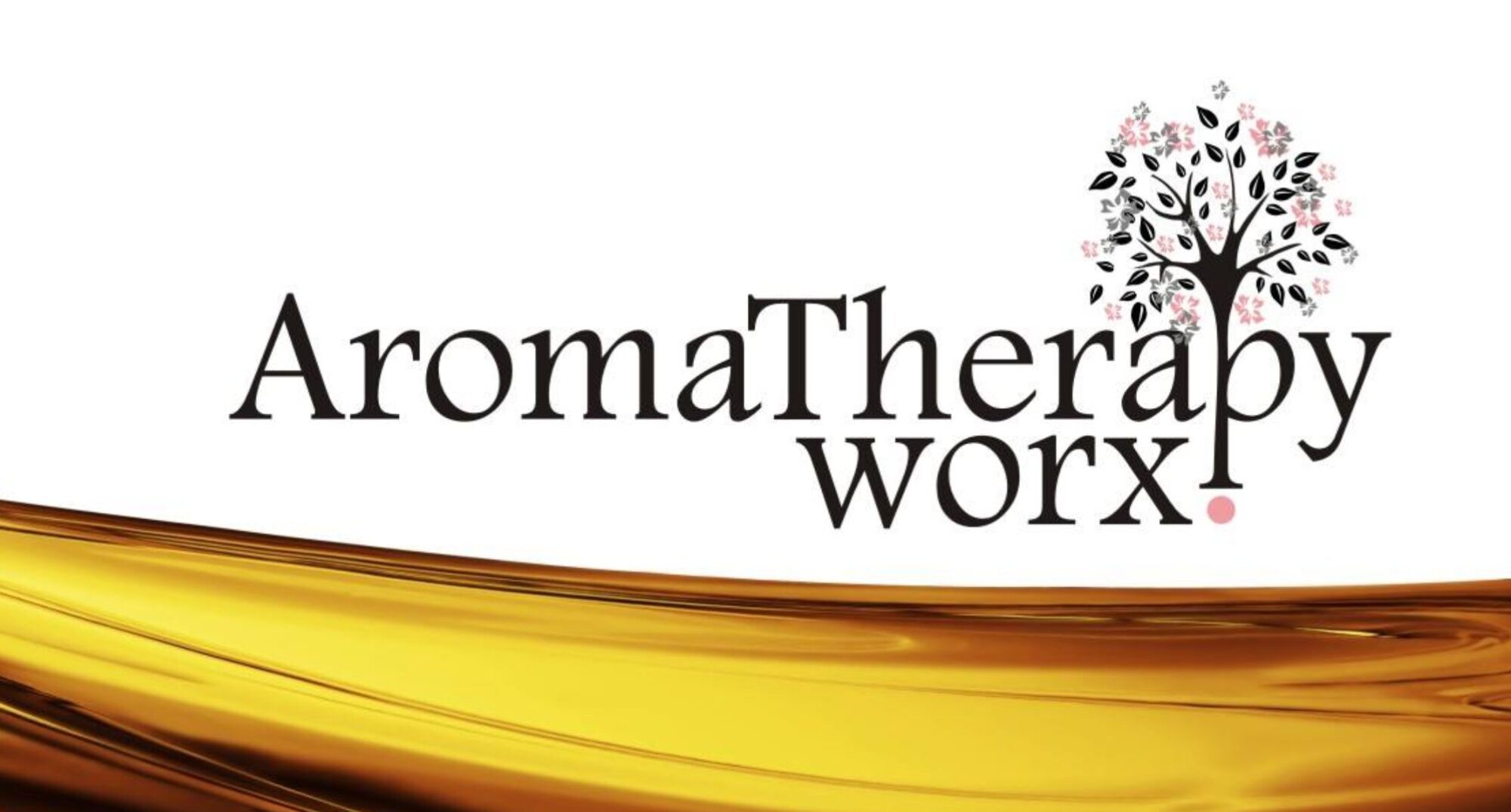Medicinal herbs can provide natural, safe remedy to hundreds of common ailments.
Plants have been the basis for medical treatments through much of human history, and such traditional medicine is still widely practiced today. Written evidence of herbal remedies dates back over 5,000 years, to the Sumerians, who compiled lists of plants. A number of ancient cultures wrote about plants and their medical uses in books called herbals. In ancient Egypt, herbs are mentioned in Egyptian medical papyri, depicted in tomb illustrations, or on rare occasions found in medical jars containing trace amounts of herbs.
Among the oldest, lengthiest, and most important medical papyri of ancient Egypt, the Ebers Papyrus dates from about 1550 BC and covers more than 700 drugs, mainly of plant origin.
The earliest known Greek herbals come from Theophrastus of Eresos who in the 4th c. B.C. wrote in Greek Historia Plantarum, from Diocles of Carystus who wrote during the 3rd century B.C, and from Krateuas who wrote in the 1st century B.C. Only a few fragments of these works have survived intact, but from what remains scholars have noted a large amount of overlap with the Egyptian herbals.
Seeds likely used for herbalism have been found in archaeological sites of Bronze Age China dating from the Shang Dynasty (c. 1600 BC–c. 1046 BC). Over a hundred of the 224 drugs mentioned in the Huangdi Neijing, an early Chinese medical text, are herbs.
Herbs also commonly featured in the medicine of ancient India, where the principal treatment for diseases was diet. De Materia Medica, originally written in Greek by Pedanius Dioscorides (c. 40 – 90 AD) of Anazarbus, Cilicia, a Greek physician, pharmacologist, and botanist, is a particularly important example of such writings. The documentation of herbs and their uses was a central part of both Western and Eastern medical scholarship through to the 1600s, and these works played an important role in the development of the science of botany.
There are many forms in which herbs can be administered, the most common of which is in the form of a liquid that is drunk by the patient—either an herbal tea or a (possibly diluted) plant extract. Whole herb consumption is also practiced either fresh, in dried form, or as fresh juice. However different specimens of even the same plant species may vary in chemical content.
Herbal teas, or tisanes, are the resultant liquid of extracting herbs into water, though they are made in a few different ways. Infusions are hot water extracts of herbs, such as chamomile or mint, through steeping. De-coctions are the long-term boiled extracts, usually of harder substances like roots or bark. Maceration is the old infusion of plants with high mucilage-content, such as sage, thyme, etc. To make macerates, plants are chopped and added to cold water. They are then left to stand for 7 to 12 hours (depending on the herb used). For most macerates, 10 hours is used. Tinctures are alcoholic extracts of herbs, which are generally stronger than herbal teas. Tinctures are usually obtained by combining 100% pure ethanol (or a mixture of 100% ethanol with water) with the herb. A completed tincture has an ethanol percentage of at least 25% (sometimes up to 90%). Herbal wine and elixirs are alcoholic extracts of herbs, usually with an ethanol percentage of 12-38%. Herbal wine is a maceration of herbs in wine, while an elixir is a maceration of herbs in spirits (e.g., vodka, grappa, etc.). Extracts include liquid extracts, dry extracts, and nebulizes.
Liquid extracts are liquids with a lower ethanol percentage than tinctures. They are usually made by vacuum distilling tinctures. Dry extracts are extracts of plant material that are evaporated into a dry mass. They can then be further refined to a capsule or tablet. Nebulization is a dry extract created by freeze-drying. Vinegar’s are prepared in the same way as tinctures, except using a solution of acetic acid as the solvent.
Syrups are extracts of herbs made with syrup or honey. Sixty-five parts of sugar are mixed with thirty-five parts of water and herb. The whole is then boiled and macerated for three weeks. The exact composition of an herbal product is influenced by the method of extraction. Tea will be rich in polar components because water is a polar solvent. Oil, on the other hand, is a non-polar solvent and it will absorb non-polar compounds. Alcohol lies somewhere in between.
Sourced from the internet.
